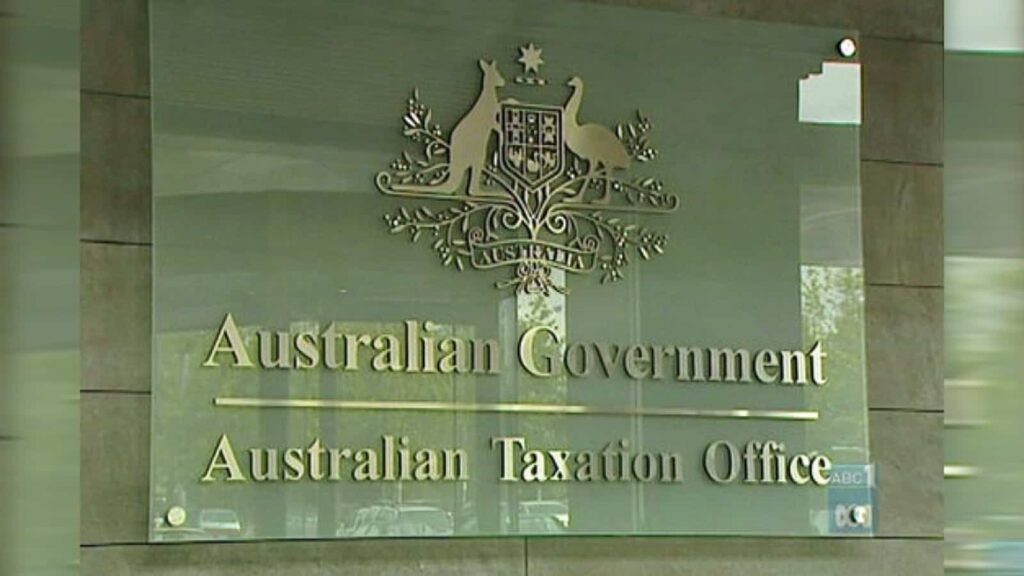A good credit score is essential for many financial opportunities, but many people do not have one due to age, a limited financial history, or a preference for not using credit.
There are strategies and solutions available for folks who do not have a credit score. This article explores the reasons, potential consequences, and strategies to develop a favorable financial reputation even if you do not have a standard credit score.
What to Do if You Don’t Have a Credit Score
1. Obtain authorization to use
One quick and easy way to start developing credit is to become an authorized user on someone else’s credit card, such as a family member or friends.
You benefit from their credit history as an authorized user, which helps you develop your own credit profile. Furthermore, authorized users are usually not held financially liable, making it a low-risk alternative.
Depending on the primary account holder’s credit card benefits, there’s also the chance of receiving additional benefits, such as access to airport lounges.
2. Co-Signer Loan Option
Utilizing a co-signer is an additional loan application option. This person will sign the loan in order to guarantee that they will be held accountable if you are unable to make payments.
Another instance where having a trustworthy relationship with someone with good credit who trusts you to make payments on time each month will pay you.
3. Store Card Benefits
When you make a purchase in a physical store, it’s common to be offered the opportunity to apply for a store card. These cards can be a useful tool for building your credit, even though they usually come with higher interest rates and modest credit limits.
Approval rates tend to be more favorable, and from time to time, these cards provide additional perks like a first-purchase discount or exclusive in-store promotions.
4. Spread out your debt
Your credit score is influenced by several factors, including your credit mix, which refers to the different types of credit you utilize.
There are two main categories: installment credit, encompassing items like student loans, car loans, and mortgages, and revolving credit, which includes credit cards and lines of credit from banks. Maintaining a diverse mix of these types of credit can contribute to a healthier credit score.
7. Register to have your rent payments reported.
Rent payments, by assuring timely payments, can help improve credit. While landlords and management businesses are not normally required to report to agencies, they can provide reporting services through RentBureau partnerships. Prices are subject to change.
To summarise, low credit scores can be overcome through the use of tactics such as authorized users, secured credit cards, credit builder loans, and smart financial management.
As credit frequently dictates financial opportunities, these methods open financial freedom and assure a brighter future. Begin your credit journey now to lay a solid financial foundation.
More Contents on Credit Score
The Complete Guide to Understanding Credit Scores
Why Having a Good Credit Score Is Important
Why There Are Different Credit Scores
What Affects Your Credit Scores?
How Do I Improve My Credit Score?
Where Can I See My Credit Score?
What Credit Score Do I Need to Buy a Car?
Can You Get a Car With Bad Credit?
What Credit Score Do I Need to Get a Good Deal on a Car?
Why Is a Credit Score Important When Buying a Car?
What to Do if You Don’t Have a Credit Score
Monitor Your Credit Report and Score




